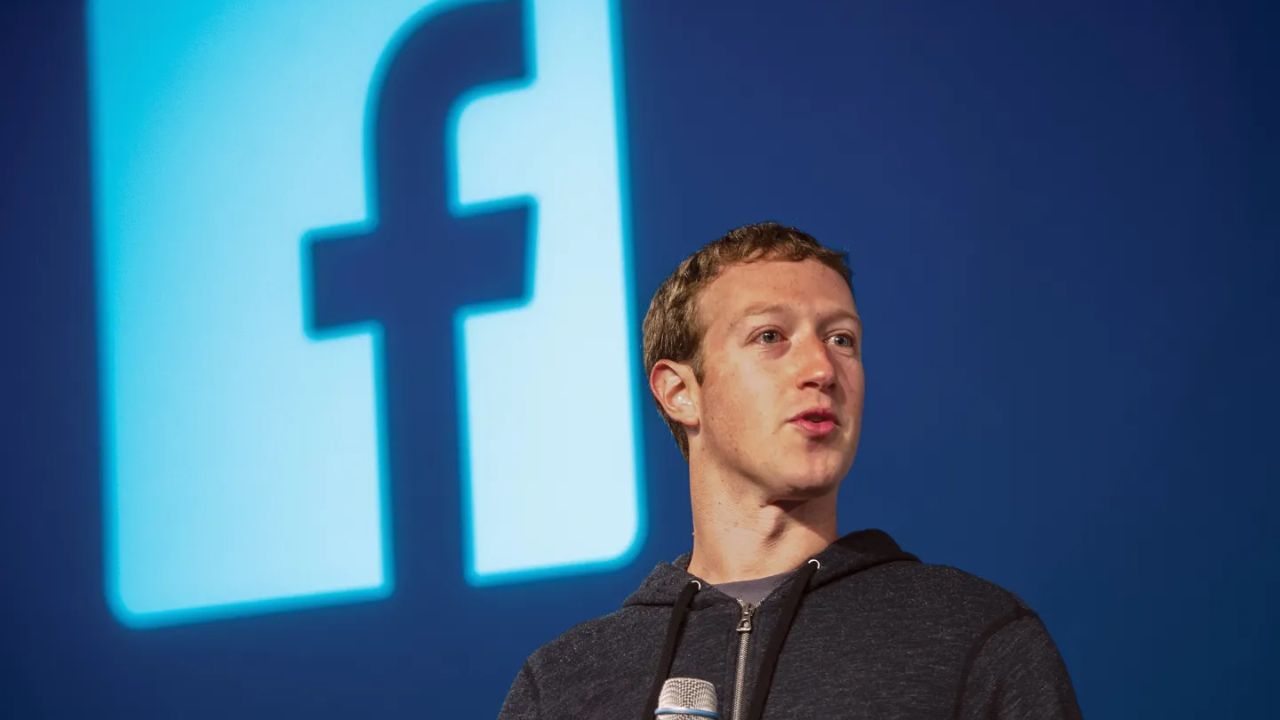Meta Platforms Inc., the parent company of Facebook, Instagram, and WhatsApp, is at the centre of a significant antitrust trial initiated by the U.S. Federal Trade Commission (FTC). The trial, commencing this week in Washington, D.C., scrutinises Meta's acquisitions of Instagram in 2012 and WhatsApp in 2014, alleging these moves were strategic efforts to eliminate competition and maintain a monopoly in the social media landscape.
FTC's Allegations: Monopolistic Strategies Under the Microscope
The FTC contends that Meta's acquisitions were not merely business expansions but calculated strategies to suppress emerging competitors. Internal communications, including a statement from CEO Mark Zuckerberg suggesting it was preferable to "buy than compete", have been cited as evidence of this intent. The agency argues that such actions have stifled innovation and reduced consumer choice in the social media market.
Read the latest gaming news here!
Meta's Defence: Emphasising a Competitive Digital Landscape
In response, Meta asserts that the digital ecosystem remains highly competitive, highlighting the presence of platforms like TikTok, YouTube, and Apple's iMessage as formidable rivals. The company maintains that its acquisitions have fostered innovation and provided enhanced services to consumers. Meta's legal team argues that revisiting these decade-old, previously approved deals sets a concerning precedent for future business operations.
The trial is expected to feature testimonies from prominent Meta executives, including CEO Mark Zuckerberg, former COO Sheryl Sandberg, and Instagram head Adam Mosseri. Additionally, former Meta executive Sarah Wynn-Williams has alleged that the company engaged in practices compromising U.S. national security, a claim that Meta has firmly denied. This trial represents a critical juncture in the regulation of digital monopolies, with potential ramifications extending beyond Meta to the broader technology sector.




